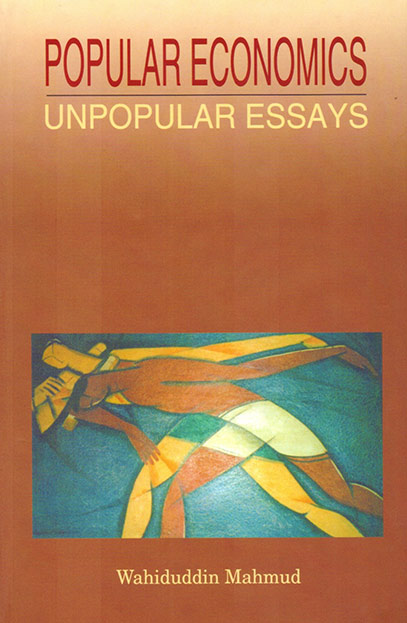- Shop
- Popular Economics: Unpopular Essays
Popular Economics: Unpopular Essays
| Language: English |
Tags :
Book Info
Keynes once wrote that economics is "a difficult and technical subject, but nobody will believe it". It is frustrating for people to find debates on economic policies too technical and inaccessible, since it is their lives that are affected by these policies. The essays in this volume have arisen out of the author's belief that economists owe it to society to try to bridge the gap between expert and lay opinion on economic policy issues and that, in spite of the complexities of economic problems, a minimum level of economic literacy among educated people is both possible and highly desirable. The book comprises an assortment of articles and commentaries written by the author for newspapers and occasional lectures delivered in popular forums. Most of them are of recent origin, dating back to no earlier than the late 1990s, and deal with contemporary development problems facing Bangladesh. A good number of the essays are aimed at explaining economic policy issues in an easily accessible way, while some represent a mix of economics and politics. Others deal with purely political issues such as attempting a Game-theoretic approach to explaining the prevailing politics of confrontation in Bangladesh. Mahmud presents these essays with the awareness that there are credible opposing arguments surrounding most economic issues and that there are rarely readymade answers to commonly asked questions on such issues. However, knowledgeable people need to know the basis of the different viewpoints without falling into the traps of economic fallacies, and then combine their own value judgments to make their own conclusions.



